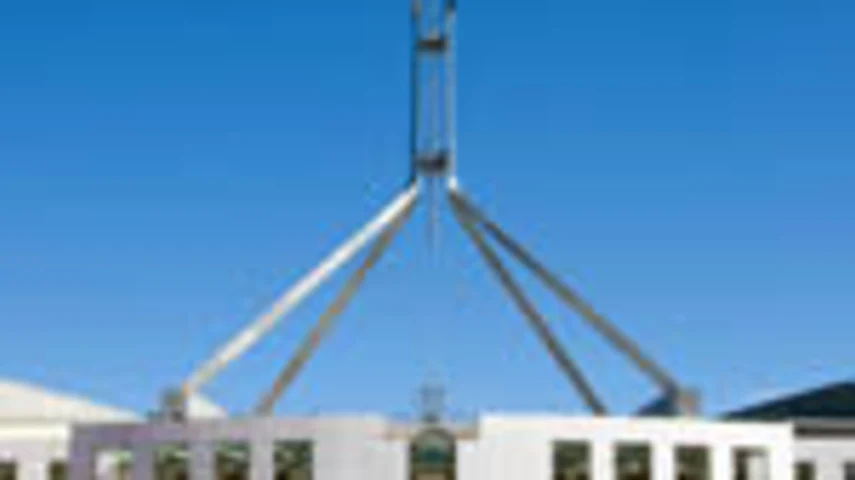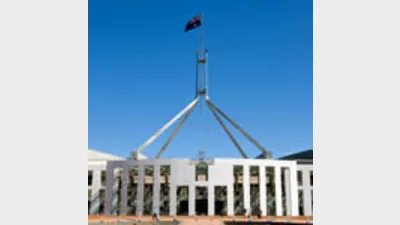Complex and confusing, the 2012 Federal Budget: PwC



The 2012 Federal Budget announcement will test confidence in the superannuation system, according to PricewaterhouseCoopers partner Alice Kase.
She said informational inclusions and exclusions about superannuation in the Federal Budget will make people question superannuation's validity as a vehicle for retirement savings.
Despite trepidation, Kase said superannuation still remains worthwhile for the accumulation of longer term wealth for retirement, and the gains from compound interest remain unbeaten, unless the investment carries a high degree of risk.
"It's fair to say that to benefit from super you need staying power, and understandably, increasing the complexity will test people's endurance," she said.
Kase said despite public pressure, the Government failed to clarify or relax the excess contributions tax regime introduced at the beginning of the financial year, which can result in a 93 per cent tax on contributions.
Changes to the budget included an additional 15 per cent tax on concessional contributions from 1 July 2012 for individuals earning more than $300,000, reduction of the concessional contribution limit for individuals over 50 from $50,000 to $25,000 from 1 July 2012, and employment termination payments taxed at the top marginal rate for individual taxable incomes over $180,000.
Recommended for you
The central bank has announced the official cash rate decision for its November monetary policy meeting.
Australia’s maturing superannuation system delivers higher balances, fewer duplicate accounts and growing female asset share, but gaps and adequacy challenges remain.
Global volatility and offshore exposure have driven super funds to build US-dollar liquidity buffers, a new BNY paper has found.
Less than two in five Australians are confident they will have sufficient assets to retire and almost three-quarters admit they need to pay greater attention to their balance, according to ART research.










